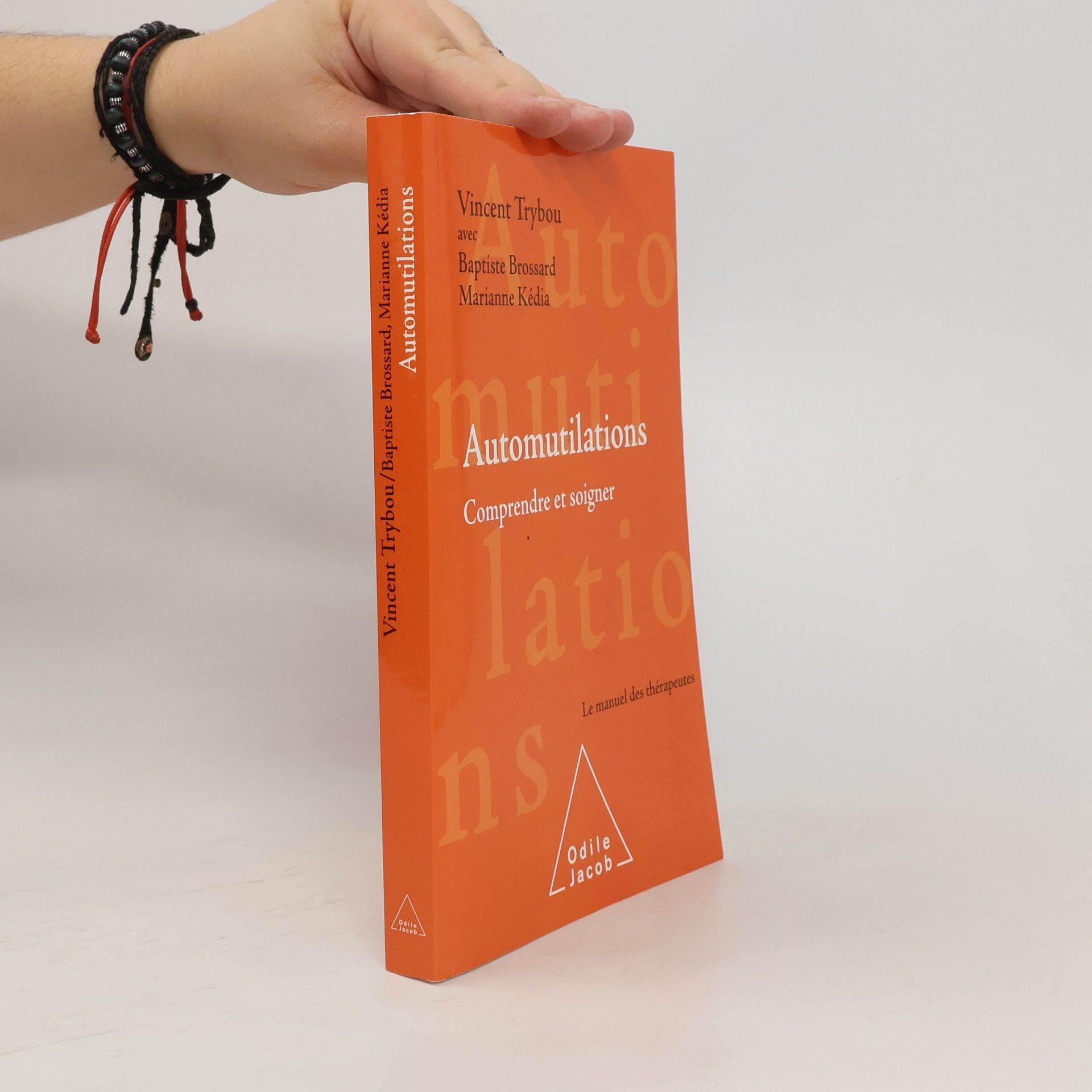Qu'est-ce que l'automutilation ? Voici le premier ouvrage en français et multidisciplinaire sur ce sujet. Ce livre permet d'appréhender la complexité de ce trouble qui est à l'interface de différentes pathologies et qui est présentée pour la première fois selon l'éclairage de la dysrégulation émotionnelle ou gestion inadaptée des émotions. Ce livre a pour objectif d'apporter une aide efficace aux soignants et aux éducateurs. Il propose des pistes concrètes afin d'accompagner les personnes dans le processus de soin : - un vaste protocole intégratif (TCC, ACT, pleine conscience, thérapie rogérienne, thérapie des schémas, thérapie dialectique) ; - des fiches pratiques prêtes à l'emploi et des techniques expliquées pour faciliter le suivi psychothérapeutique ; - des conseils pour recevoir un adolescent et sa famille ; - et une partie spécifique pour le corps enseignant et les infirmières scolaires.
Baptiste Brossard Livres


Can the social sciences explain the emergence of mental disorders in societies or in individuals? This book presents a critical look at sociological explanations of mental illnesses, making the case for their renewal.